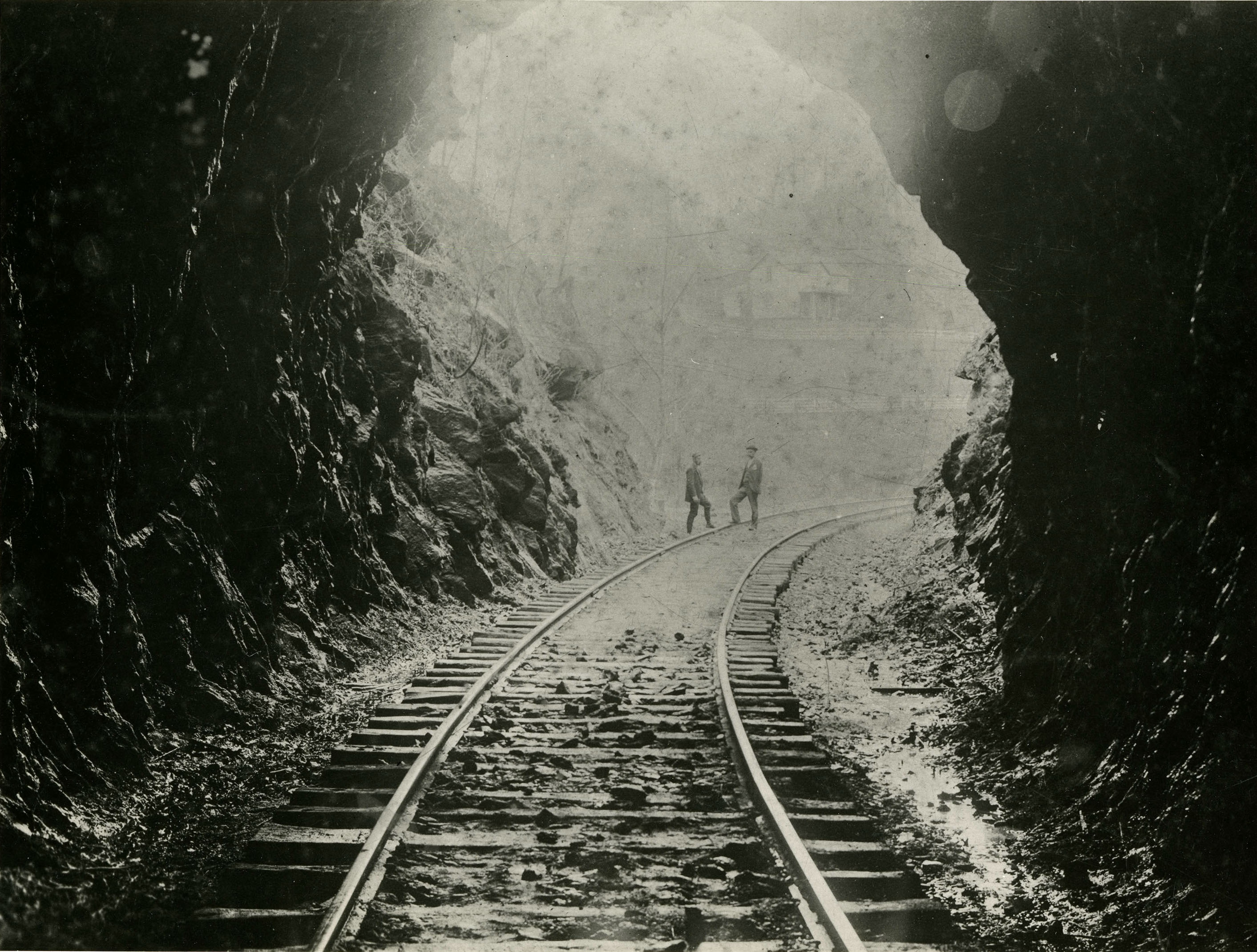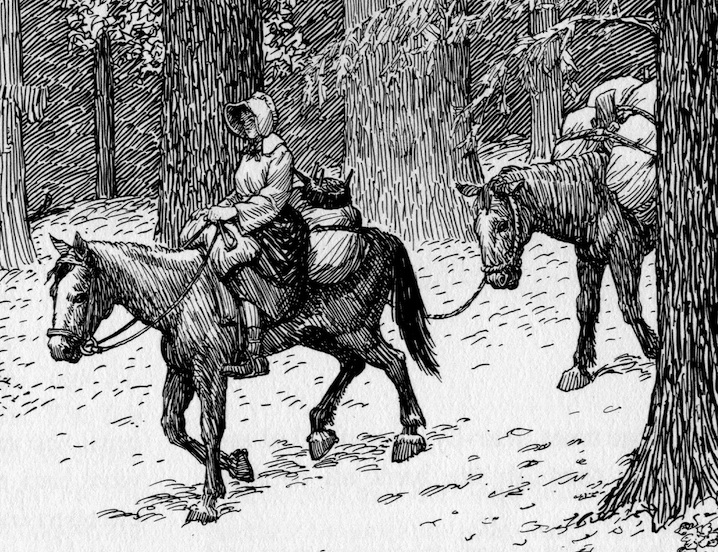- Community & Alumni Engagement
- Mountain Heritage Center
- Exhibits and Collections
Exhibits & Artifacts
The Mountain Heritage Center's galleries are open. If you need assistance or more information about our hours, parking, and Covid-19 requirements, please send an email or call 828.227.7129.
Our exhibits interpret mountain life and the natural world, past and present. Temporary exhibits have been produced around themes such as Blacksmithing, World War I, and Southern Appalachian handicrafts. Traveling exhibits look at North Carolina's State Dog, Qualla Arts and Crafts Mutual Inc., Decoration Day traditions, and more.
Gallery Exhibits
The Mountain Heritage Center galleries are at located at Hunter Library 161 (beside Java City) and Hunter Library Second Floor. 176 Central Drive, Cullowhee, NC.
Shadows of Incarceration: The Cowee 19 Story
Open Monday, May 6 through Dec 13, 2024

Cowee Tunnel late 19th or early 20th century. Image courtesy Special Collections, Hunter Library, WCU
The Cowee 19 were nineteen men who drowned near Dillsboro NC in 1882. They were building the Cowee train tunnel on the Murphy Branch of the Western North Carolina Railroad. The state considered their death an accident, but their placement in the convict lease system was intentional.
Shadows of Incarceration: The Cowee 19 Story is an exhibit curated by a Masters student in WCU's History Department along with the MHC staff. It examines the lives of these individuals from across North Carolina who were trapped by the early Jim Crow judicial system and forced to work and sacrifice for the creation of the New South.
Discovering Appalachia

On permanent display in MHC second floor gallery at Hunter Library
Western North Carolina and Southern Appalachia is a cultural crossroads that has been visited and inhabited by people from many different cultural backgrounds. Discover talented and hard working people who have shaped this region. Learn about their varied backgrounds and the portions of their culture that they share with others.
Other MHC Exhibits:
- Jackson County Public Library: A variety of student-curated exhibits on music, healthcare, agriculture, and tourism that highlight historic and contemporary issues.
- WCU's Health and Human Services Building: Ꭰ Ꮉ Ꭼ Ꮒ Ꮣ (Water is Life) & Early Healthcare in Western NC
- I-26 Visitor Center north of Asheville